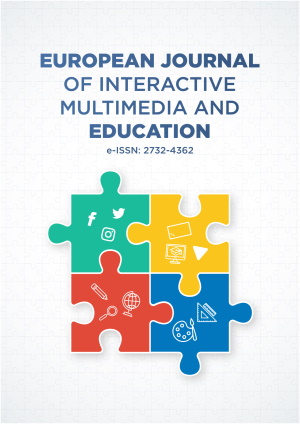Abstract
Teaching and learning in higher education should shift from surface learning to deeper learning. Deeper learning provides opportunities for students to achieve high learning outcomes. However, there is a dearth of information on the utilization of deeper learning in higher education. Deeper learning demands educators to employ pedagogy that enhances the acquisition of higher-order skills. Through deeper learning, students develop critical skills that are necessary for the twenty-first century. Such skills enable the students to succeed in their careers and social life. In this paper, the authors explore deeper learning for enhancing teaching and learning in higher education. In particular, unpacking the competencies of deeper learning. The paper focuses on promoting problem-solving, content knowledge, critical thinking, communication, and collaboration, contextualising learning, learning how to learn, transferring of knowledge and skills, the utilisation of digital technology supporting students to become life-long learners, as well as deeper learning and the 21st-century skills. To collect data, a desktop review of deeper learning competencies was done. In conclusion, the paper proposes the most appropriate strategies for promoting deeper learning for the attainment of 21st-century skills.
License
This is an open access article distributed under the Creative Commons Attribution License which permits unrestricted use, distribution, and reproduction in any medium, provided the original work is properly cited.
Article Type: Research Article
EUR J INTERACT MULTIMED ED, Volume 3, Issue 1, January 2022, Article No: e02204
https://doi.org/10.30935/ejimed/11439
Publication date: 20 Dec 2021
Article Views: 3921
Article Downloads: 4485
Open Access References How to cite this article
 Full Text (PDF)
Full Text (PDF)